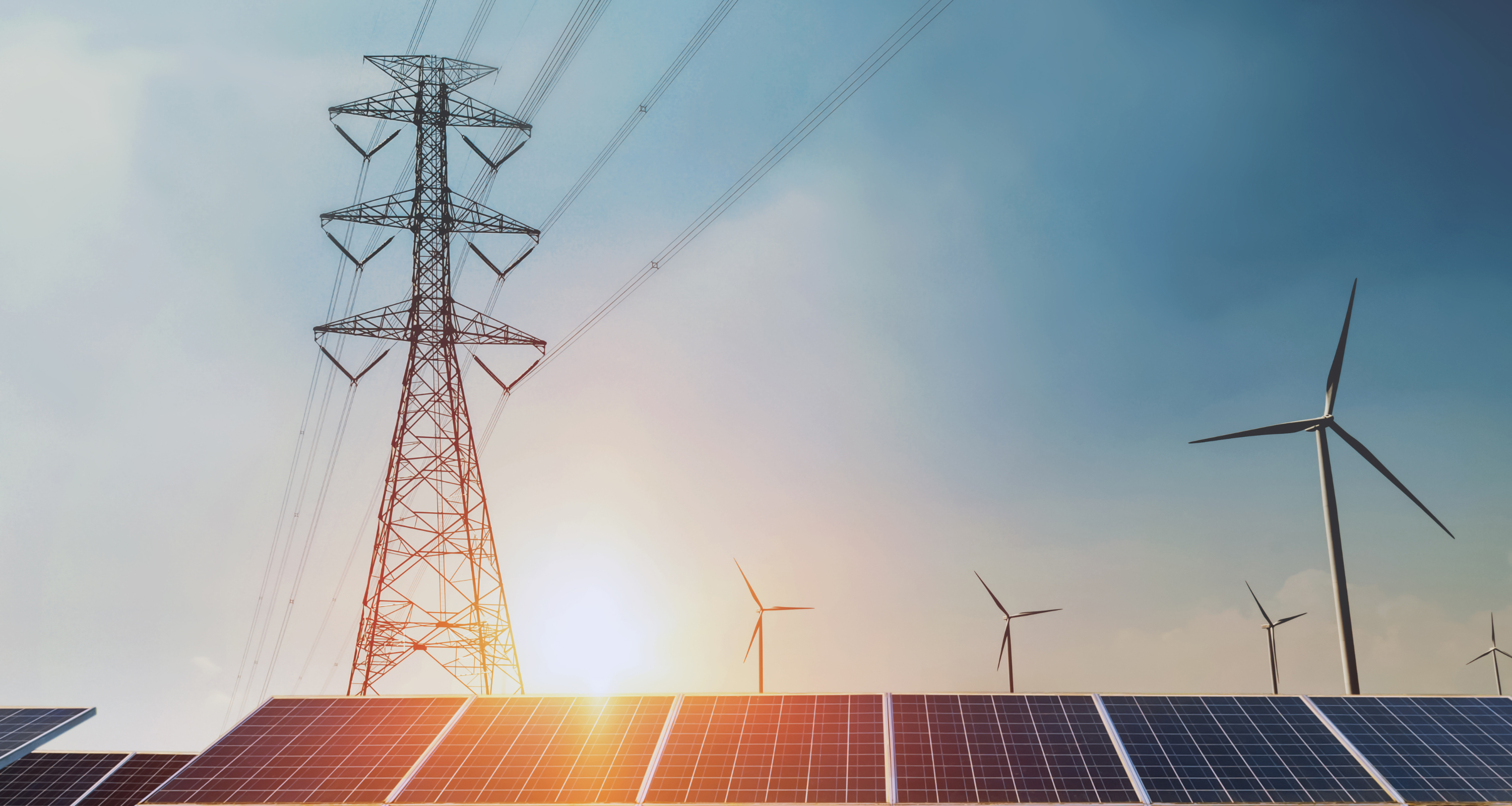- Transmission & Power Markets
- Press Releases
New Report Finds Wholesale Power Markets Key to Accelerating Renewable Energy in the Southeast
Report represents the consensus view of the U.S. renewable energy industry
WASHINGTON, D.C. – A new report released today by the American Council on Renewable Energy (ACORE) analyzing power market design features finds that real-time, wholesale energy markets, particularly when paired with regionally planned transmission, are critical to accelerating the growth of renewable energy in the Southeast. The report, Energy Market Design and the Southeast United States, was prepared in coordination with the American Clean Power Association and the Solar Energy Industries Association.
The paper summarizes and provides context for the Southeast Energy Exchange Market (SEEM) proposal, which would create a bilateral contracting framework spanning 12 states, 17 power providers and over 50 million people in the southeastern United States. The report also compares the SEEM proposal to other potential energy market designs, including energy imbalance markets, RTO/ISO markets and traditional utility operations.
“The southeastern United States is one of the largest regions in the country without an organized wholesale power market, and I am glad to see initial steps being taken to increase coordination between power providers across the region,” said ACORE President and CEO Gregory Wetstone. “But it is also clear that a real-time energy market and an independent entity planning future transmission lines would help the region reach clean energy goals, reduce costs for consumers, and deliver significantly greater environmental benefits.”
The paper concludes that a centralized wholesale energy market operating in the SEEM footprint would “benefit consumers through cost savings on their electric bills, accommodating consumer preferences for cleaner resources, allowing the participation of new technologies and maintaining electric reliability.”
“As it stands, the Southeast Energy Exchange Market (SEEM) fails to create an open and competitive wholesale energy market at the expense of ratepayers and the environment,” said Abigail Ross Hopper, President and CEO of the Solar Energy Industries Association (SEIA). “The report finds that the Southeast would in fact benefit from a real-time energy market that relies on competitive bidding. If effectively deployed, such a market would help the Southeast enjoy the benefits of low-cost and reliable renewable energy. The current proposal doesn’t scratch the surface of what’s possible when it comes to creating a market, and we will continue to work with Southeastern states to promote a more effective alternative.”
To download a copy of the new report, go to https://acore.org/energy-market-design-and-the-southeast-united-states/.
##
About ACORE:
For more than 20 years, the American Council on Renewable Energy (ACORE) has been the nation’s premier pan-renewable nonprofit organization. ACORE unites finance, policy and technology to accelerate the transition to a renewable energy economy. For more information, please visit www.acore.org.
Media Contact:
Alex Hobson, Vice President of Communications, ACORE
hobson@acore.org | 202.777.7584 (o) | 202.594.0706 (c)
Join leaders from across the clean energy sector.

What will our next 20 years look like? Here’s the truth: they’ll be better with ACORE at the forefront of energy policy.
Shannon Kellogg
Amazon Web Services (AWS)
